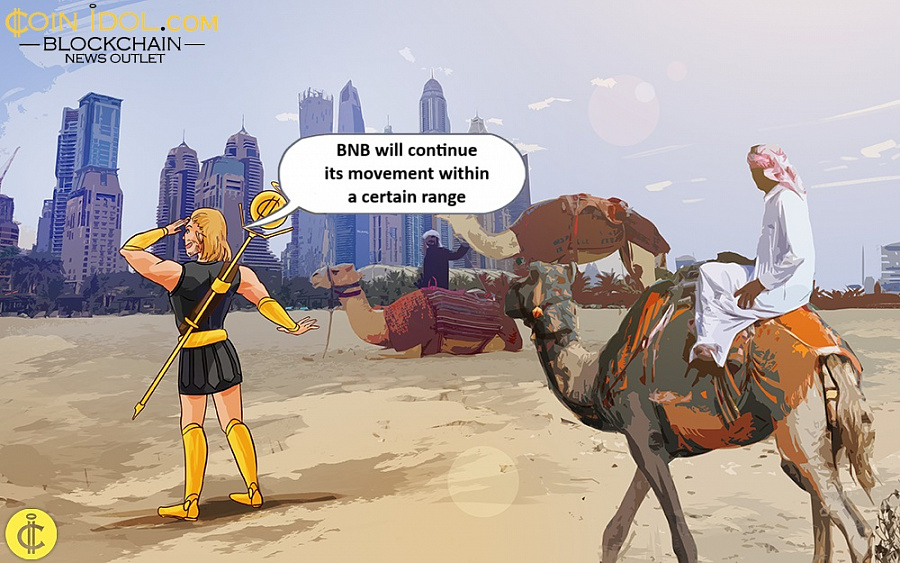Founder of Cardano, mathematician and billionaire Charles Hoskinson, has taken to the X social media platform to share his take on the recently released book on the scandalous collapse of the FTX crypto giant in November last year.
The book is called “Going Infinite,” and it was written by Michael Lewis, the author of “The Big Short” bestseller, which provided the basis for the 2015 movie starring Brad Pitt, Christian Bale and Steve Carrel.
Cardano founder slams the book and SBF
Hoskinson published an X post, in which he referred to the new book by Michael Lewis as a “dumpster fire.” The crypto billionaire assumed, perhaps half sarcastically, that an influential group of people within elite circles exists that “desperately want to somehow get a public exoneration for SBF” — FTX founder Sam Bankman-Fried.
Hoskinson also reminded followers that the New York articles treated the guilty CEO gently and softly (“kid-glove treatment,” Hoskinson called it) and now, he says, Michael Lewis, the writer of bestsellers based on true stories, has basically created a book which is nothing but “an apology tour” for SBF.
The Cardano creator called Bankman-Fried “the Bernie Madoff” of his generation, indignant at the fact that SBF is getting “a free pass by the media.” “It really does show you how profoundly corrupt things have become especially if you have the right friends,” Hoskinson concludes.
“Black Swan” author criticizes SBF and the book
This weekend, the renowned author of such bestsellers as “Black Swan,” “Skin in the Game” and “Antifragile,” Nassim Nicholas Taleb also poured criticism over Sam Bankman-Fried over his quote in the aforementioned Michael Lewis book, in which SBF criticized Shakespeare.
SBF stated that Shakespeare could hardly be the world’s greatest writer since only a small amount of people back then (compared to now) was literate in Europe. The U.S. did not exist yet as a country then. Taleb stated that “the problem with pple like SBF is knowing a tiny bit of statistics to parrot abt it, but not understanding processes (that is, dynamics across time).” Taleb also made a point of reminding the community (and SBF, if he were reading it, perhaps) that “Shakespeare has survived nearly half a millennium of filtering by time.”











